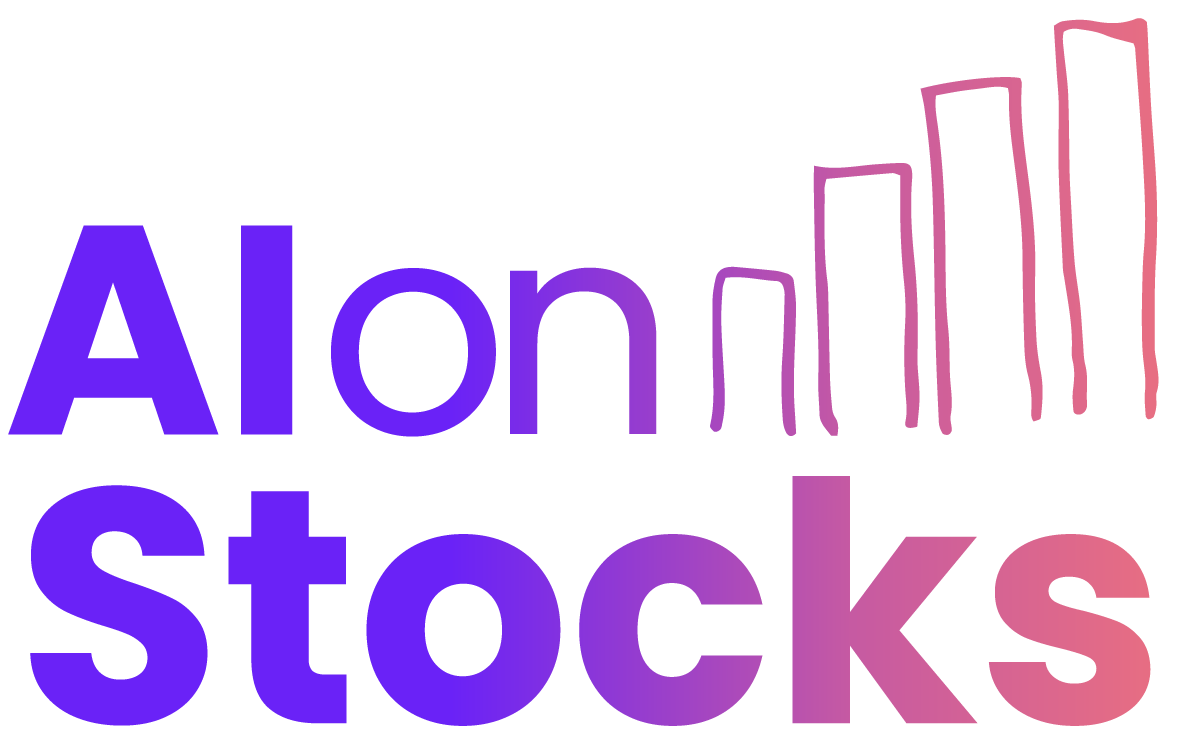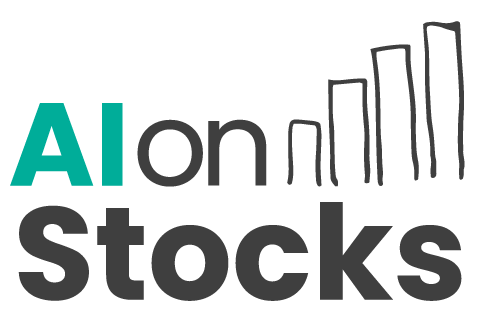AI Stock Trading Platforms: What an AI Stock Trading Platform Actually Delivers
In recent years, the financial world has seen a surge in the use of artificial intelligence, particularly within the realm of trading. Investors and traders alike are becoming increasingly intrigued by the promise of an AI stock trading platform. But while the phrase sounds impressive, the reality of what these platforms truly deliver can be more nuanced. This article explores what an AI stock trading platform actually offers, how it works, and what investors need to understand before embracing it.
What Is an AI Stock Trading Platform?
An AI stock trading platform leverages machine learning algorithms, data analytics, and predictive modelling to identify potential investment opportunities in the stock market. Unlike traditional platforms that rely entirely on human analysis or simple rule-based systems, these AI-driven platforms continuously learn from market data, user behaviour, and external variables to optimise trading decisions.
At its core, the aim of an AI stock trading platform is to automate the decision-making process in trading, reduce human error, and capture potentially profitable moves faster than a human could. This is achieved not through intuition or subjective judgement, but through rigorous data analysis and pattern recognition.
How AI Actually Operates Under the Hood
The engine behind any AI stock trading platform is a set of algorithms trained to sift through huge amounts of financial data. These systems process everything from real-time market feeds and historical price trends to company fundamentals and news sentiment.
Data Collection and Processing
The first step involves gathering vast quantities of structured and unstructured data. This ranges from stock prices and trading volume to tweets, economic reports, and company filings.
Model Training and Backtesting
The AI then uses machine learning models trained on this data. These models are tested across historical scenarios in a process known as backtesting, where the system simulates trades it might have made based on past data. This helps refine the algorithm’s accuracy and ensure it is not simply fitting random noise in the data.
Real-Time Decision Making
Once deployed, the trained AI system makes real-time trading decisions based on incoming data. Unlike humans, it can recognise intricate signals buried in complex data matrices. Importantly, it adapts to new trends and anomalies, continually retraining itself to maintain an edge in the markets.
The Real Value of an AI Stock Trading Platform
Many assume that using an AI stock trading platform guarantees consistent profits or acts as a silver bullet solution to beating the market. However, the reality is both more grounded and more sophisticated. These platforms excel not because they are fortune tellers, but because they reduce emotional trading, respond swiftly to volatility, and manage risk more effectively.
AI systems are immune to fear, greed, or panic, making them particularly effective during periods of high volatility. They execute trades based on data, strategy, and logic—never impulse. This can lead to more disciplined trading and potentially more consistent returns over time.
Risks and Limitations Worth Understanding
No AI system is infallible. Even the best-trained models can suffer during unforeseen market shocks or ‘black swan’ events. AI also depends heavily on the integrity and relevance of the data it receives. If the data is flawed, outdated, or biased, the outcomes could be skewed accordingly.
Moreover, AI stock trading platforms do not come with a universal guarantee of profit. They offer a structured and efficient way of trading, but outcomes still depend on market conditions, model quality, and overall trading strategy. Investors should view them as tools, not magic solutions.
Who Should Use an AI Stock Trading Platform?
AI stock trading platforms are increasingly accessible, catering to retail and institutional investors alike. For passive investors looking for automation, these platforms can handle routine trades, optimise portfolio balancing, and maintain predetermined risk levels. For advanced traders, AI can be a powerful ally in systematising their strategies and finding market inefficiencies otherwise invisible to the human eye.
However, it’s important for users to understand the underlying logic of their chosen platform. Blindly trusting an AI system without basic financial literacy or strategic oversight can lead to uninformed decisions. Ideally, the platform should offer transparency into how it makes decisions and allow the user to tweak parameters if needed.
The Future of AI in Trading
AI isn’t just a trend—it’s shaping the future of finance. As natural language processing improves and models become more predictive and explainable, AI stock trading platforms will only grow in sophistication. They could eventually assess not just financial indicators, but broader global narratives, social change, and policy trends. The integration of AI with quantum computing in the future might further unlock new dimensions of trading speed and intelligence.
Still, the core value lies in combining AI’s analytical strengths with responsible human oversight. The smartest trading strategies are those that harness the best of both worlds, trusting the machine to crunch the numbers while humans set the vision and goals.
Conclusion: What You Really Get From an AI Stock Trading Platform
An AI stock trading platform delivers automation, data-driven strategy, speed, and emotional neutrality. It can provide retail traders access to tools once reserved for hedge funds and institutional players. But it does not eliminate risk, nor does it guarantee success. Its true power lies in disciplined execution, consistent application of logic, and faster adaptation to market shifts.
With the right understanding and expectations, embracing AI in your trading journey can be a transformative step. But remember, AI is an assistant—not a replacement—for sound investment principles and continuous learning.


